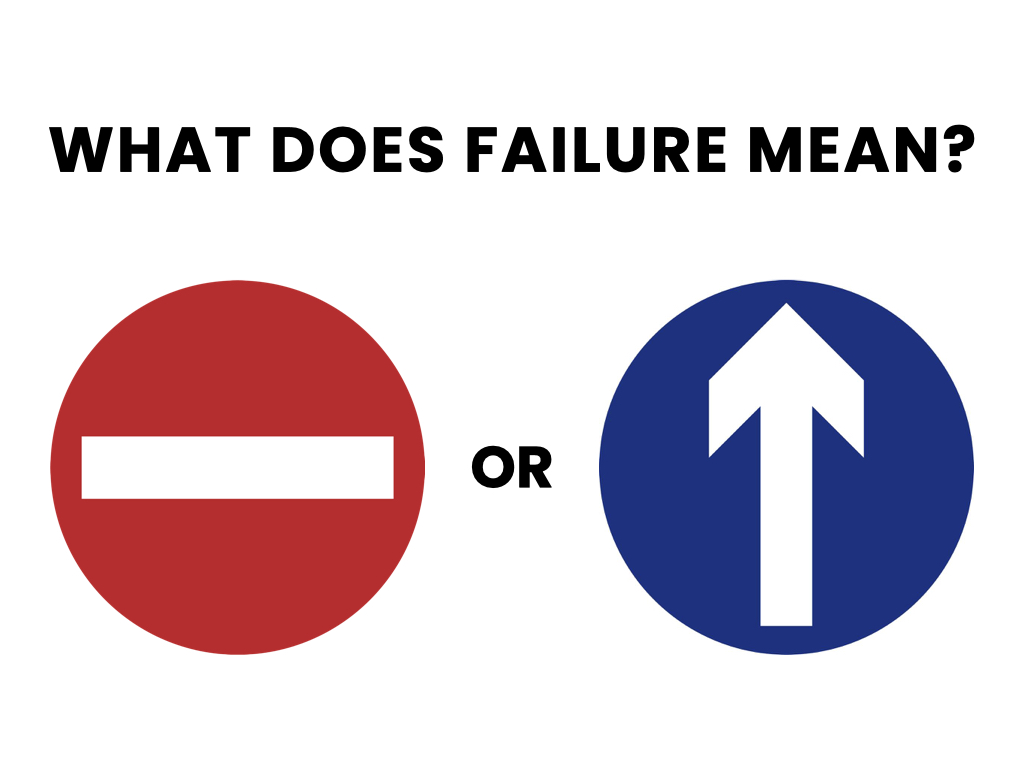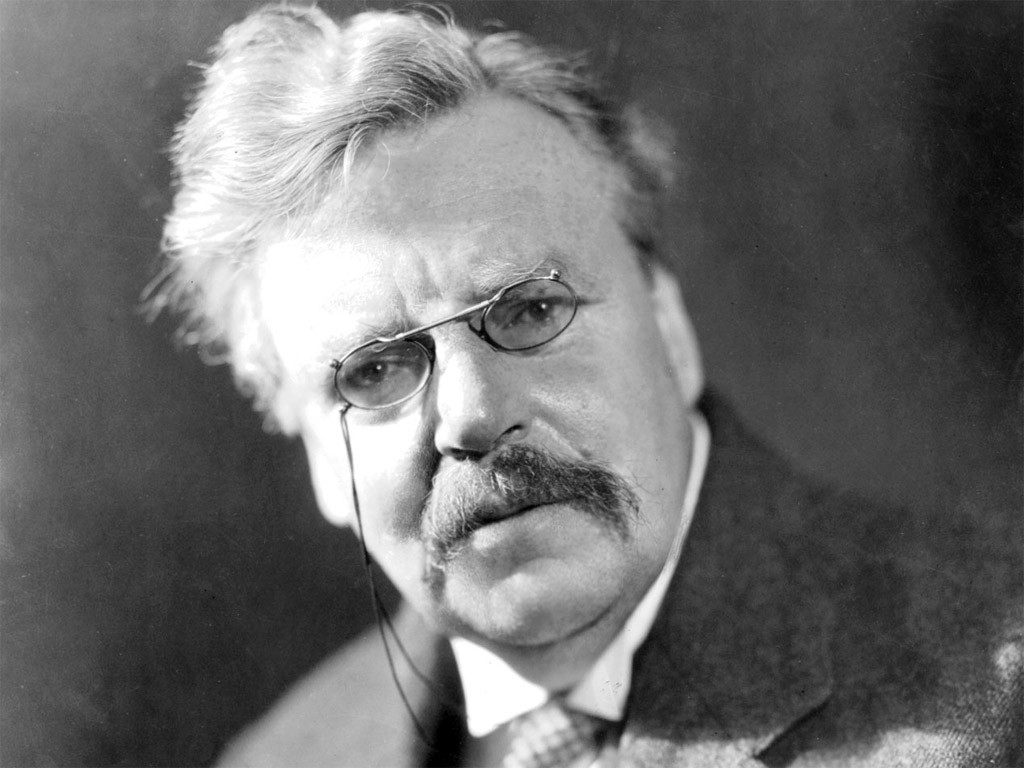Tag: Personal Growth
Wisdom for Teams #22


—
“Why not whip the teacher when the student misbehaves?”
—
DIOGENES THE CYNIC (412 or 404 – 323 BCE), Greek philosopher and one of the founders of Cynic philosophy.
Why Does Anger Make Us Angry? Is Sam Harris Wrong?


Photo by Uriel Soberanes on Unsplash
When anger gets the best of us, we can easily get angry at ourselves and others. What is happening here? In essence, we’re judging our emotions. We consider some good and some bad; some positive and some negative, some acceptable and some not.
In a decade of training teams in organisations, I’m yet to meet someone who does not consider anger to be negative. Even renowned experts in the field, like philosopher and neuroscientist, Sam Harris, consider anger a negative emotion.
—
We get angry at anger because we think it’s negative. Is it?
—
I’ve been following Sam closely for the past three years through Waking Up and some of his publications. He’s got an amazing mind. I am thankful for his dedication to helping us live better lives. On the issue of anger being a negative emotion, I think there is a distinction to be made.
Some emotions may be unpleasant, but does that make them negative? What would happen if we did not feel disgust at the smell of milk gone bad? What would happened if we did not feel fear when startled by a spider? These emotions, though unpleasant, avoid a great deal of pain and sometimes even death.
—
Not all unpleasant emotions are negative.
—
When emotions have a purpose we are better off labelling them as pleasant or unpleasant rather than positive or negative. Does anger have a purpose? Anger prepares us to fight off threats. It gives us energy and determination to face the threat so as to ensure our wellbeing.
It is true that our brain has not evolved at the speed of our civilisation. This means that we can sometimes feel anger in situations where our life is not being threatened. The question then becomes: How do we deal with anger in order to reach a desirable outcome?
—
What is sometimes negative is the way we deal with anger.
—
When we react to our anger, instead of responding to it, chances are the outcome will be undesirable. Responding means recognising the presence of the emotion, identifying what might be triggering it and addressing the issue so as to reach the most desirable outcome.
Let me be clear: I OFTEN fail to respond in a desirable way. Other times, I do manage anger in the direction of desirable outcomes. Either way, I cannot see how thinking of anger as a negative emotion in-and-of itself will help. On the contrary.
—
Thinking anger is negative is the first step to turning an unpleasant emotion into an undesirable outcome.
—
One the tenets of meditation traditions, from Zen to Stoicism, is equanimity, the ability to keep cool, especially in difficult situations. These traditions suggest we are closer to equanimity when we accept things for what they are without judging them.
When we accept anger for the unpleasant emotion it is and appreciate the important albeit limited role it plays, we might be closer to the desirable outcomes we aspire to.
Wisdom for Teams #21


—
“If the highest aim of a captain were to preserve their ship, they would keep it in port forever.”
—
Thomas Aquinas (1225 – 1274), Influential Italian philosopher, theologian, and jurist; a Dominican friar and priest.
The Meaning of Failure

When I was 12, my sister Fatima and I sang a psalm at a wedding. She sang the verses, and all I had to do was sing along in the chorus. Simple enough, but I bombed it. Totally out of key. That day, I learnt I couldn’t sing.
A few years later, I learnt to play guitar and joined the youth choir in church. Truth be told, I was more interested in hanging out with my friends and being around girls than singing. After all, I couldn’t sing.
Then I had music classes in the seminary. But I struggled a lot. When I sang in the choir, the conductor, my friend Marco Luciano, would glare at me from time to time. That was code for: Shut up! Just move your lips and pretend you’re singing. No surprise here, after all I couldn’t sing.
While still in the seminary, I played guitar and double bass in two bands. We weren’t famous, but enough to go on tour in the summer. I composed songs for those bands. But I never sang. After all…

Lately, I’ve been enjoying some quality time with my guitar. When my daughter is not around, there’s no one to sing. So I have to sing. At 45, I realised I can learn to sing. I’m no Pavarotti, but I was capable of singing in a recent talk I gave. And my neighbours haven’t complained… yet.
There were many signs indicating that I could probably learn to sing: the choirs, the instruments, the bands, the composing. But I didn’t learn because I thought I couldn’t, plus there was always someone else to do the singing.
Failure means we don’t know something. It doesn’t mean we are incapable of learning it. When we fail it might be a good idea to create ways to force us to learn, at least just a bit.
—
Failure is an “ahead only” sign — you must keep going at least until the next intersection.
—
As teammates, friends, lovers, parents what sign do we hold up when someone fails?
Wisdom for Teams #18


—
“It is the mark of an educated mind to be able to entertain a thought without accepting it.”
—
ARISTOTLE (384–322 BCE), Greek philosopher during the Classical period in Ancient Greece.
Wisdom for Teams #17


—
“When it comes to life the critical thing is whether you take things for granted or take them with gratitude.”
—
G. K. CHESTERTON (1874 – 1936), English writer, philosopher, theologian, and literary and art critic.
Wisdom for Teams #16


—
“It is impossible for a person to begin to learn what they think they already know.”
—
EPICTETUS (c. 50 – c. 135 CE), Greek Stoic philosopher.

